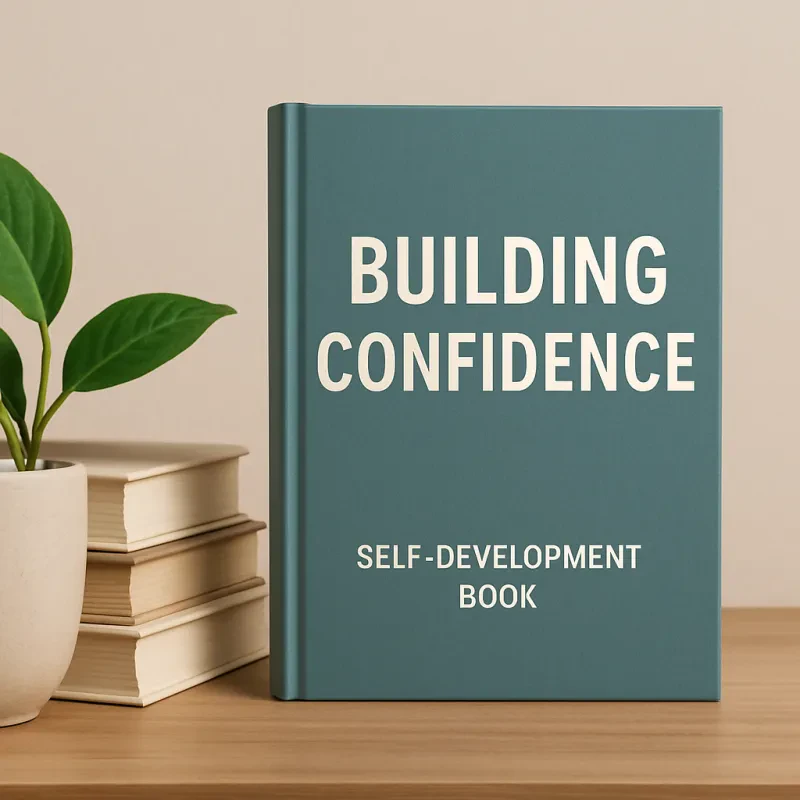I Care For My Body: A Holistic Guide to Self-Care
Prioritizing your well-being is more important than ever. Studies show that nearly 60% of adults neglect their self-care needs, impacting their health and happiness. Taking care of yourself can boost your quality of life and increase longevity. This guide explores key areas of self-care: nutrition, exercise, sleep, mental well-being, and self-compassion.
Nourishing Your Body: The Power of Nutrition
The Importance of a Balanced Diet:
Healthy eating is crucial for overall wellness. A balanced diet includes macronutrients like proteins, carbohydrates, and fats, as well as micronutrients such as vitamins and minerals. Unfortunately, statistics reveal that only 30% of people meet the recommended daily intake of fruits and vegetables. Each nutrient plays a vital role in keeping the body functioning properly.
Hydration is Key:
Water is essential for good health. Staying hydrated can improve cognitive function and physical performance. Studies show that even mild dehydration can lead to fatigue, confusion, and reduced alertness. Aim for at least 8 glasses (about 2 liters) of water daily to stay energetic and focused.
Practical Tips:
- Meal prep each week to save time and eat healthier.
- Practice mindful eating by savoring each bite.
- Track your water intake using apps or a simple journal.
Moving Your Body: The Benefits of Exercise
The Role of Physical Activity:
Regular exercise is essential for physical and mental health. Research indicates that 80% of adults do not get enough exercise, leading to higher risks of heart disease, obesity, and even depression.
Finding the Right Exercise:
There's an activity for everyone. Consider these options based on your interests and fitness level:
- Yoga: Great for flexibility and relaxation.
- Running: Excellent for cardiovascular health.
- Strength Training: Helps build muscle and bone density.
Creating a Sustainable Routine:
Set achievable goals to keep yourself motivated. Try to find a workout buddy to make exercise more enjoyable. Incorporate movement into daily life by taking the stairs, walking during lunch, or doing short workouts at home.
Restoring Your Body: The Importance of Sleep
The Science of Sleep:
Sleep is not just a luxury; it's essential for healing and recovery. There are several stages of sleep, each playing a role in restoring our bodies and minds. Research shows that lack of sleep can lead to mood swings, memory issues, and weakened immunity.
Improving Sleep Hygiene:
To enhance your sleep, consider these tips:
- Maintain a regular sleep schedule, even on weekends.
- Create a calming bedtime routine to wind down.
- Optimize your sleep environment by keeping it dark and cool.
Addressing Sleep Disorders:
Common sleep disorders include insomnia and sleep apnea. If you struggle with sleep, seek guidance from healthcare professionals for appropriate resources and treatments.
Strengthening Your Mind: Mental Well-being
The Mind-Body Connection:
Mental health is closely linked to physical health. According to data, about 1 in 5 adults experience mental health issues. Stress can lead to serious physical complications if not managed properly.
Stress Management Techniques:
Consider these techniques to help reduce stress:
- Meditation: Focus on your breath to find peace.
- Deep Breathing Exercises: Inhale deeply for relaxation.
- Mindfulness Practices: Stay present to combat anxiety.
Experts agree these methods improve well-being.
Seeking Professional Help:
Never hesitate to seek help when you need it. Mental health professionals can provide valuable support and guidance. Reach out to local resources or hotlines for assistance.
Cultivating Self-Compassion: A Holistic Approach
The Power of Self-Kindness:
Self-compassion is essential for overall well-being. Recognizing your own worth can boost your resilience and happiness. Experts highlight that treating yourself with kindness leads to greater emotional health.
Practicing Self-Care Rituals:
Incorporate small self-care acts into your daily life. This can include:
- Taking short breaks at work for relaxation.
- Engaging in hobbies you enjoy.
- Spending time outside to recharge.
Real-world examples show that even small rituals can lead to big changes in mood and energy.
Listening to Your Body:
Pay attention to what your body is saying. Whether it's fatigue, stress, or joy, responding to these signals is crucial for maintaining balance in life.
Embracing a Healthier You
Self-care encompasses nutrition, physical movement, quality sleep, mental well-being, and self-compassion. Each area plays a vital role in creating a balanced and fulfilling life. Embrace these practices daily to nurture a healthier you. Start today to create positive changes in your life, remembering that taking care of your body and mind is an ongoing journey.



